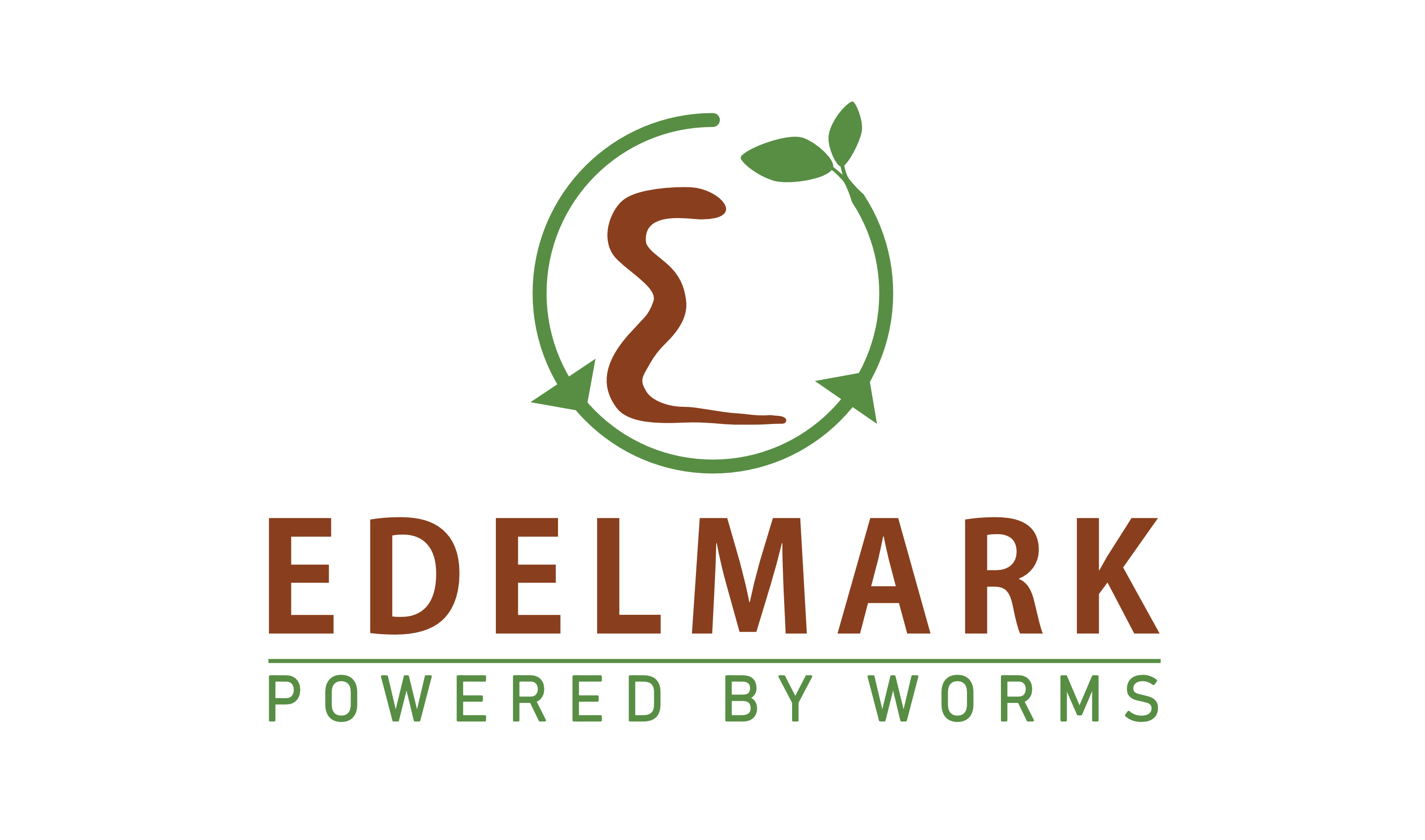Composting is the breaking down process of wetted organic matter like green waste whereas Compost is the product of the composting process. It is a key ingredient in organic farming.
Organic wastes that are produced in large quantities from different sources have been causing problems like odour and pollution, mainly because of poor management practices. Sources of such wastes could be agricultural production and farming systems, food and restaurant wastes, and industrial organic wastes. However, if such organic wastes were properly managed and used (like turning into compost which is useful in agriculture and horticulture), that would be a win – win situation both for protection of the environment and for production of fertilizer for the growth of plants.
One of the currently applied methods to manage organic wastes and produce compost is the use of composting earthworms. Researchers have found out that much of the organic wastes can provide food and large populations of microorganisms that are necessary for the growth and reproduction of the composting earthworms. In this context, small-scale vermicomposting can be a cheap and environmentally friendly solution to produce fertilizer from organic wastes produced from households and other related sources.
The cultivation of earthworms for different purposes has been termed as vermiculture. Whereas, the managed processing of organic wastes using earthworms, is known as vermicomposting. Vermicomposting involves the bio oxidation and stabilization of organic material by the joint action of earthworms and microorganisms. Although it is the microorganisms that biochemically degrade the organic matter, earthworms are the crucial drivers of the process, as they aerate, condition, and fragment the substrate drastically increasing the microbial activity.

